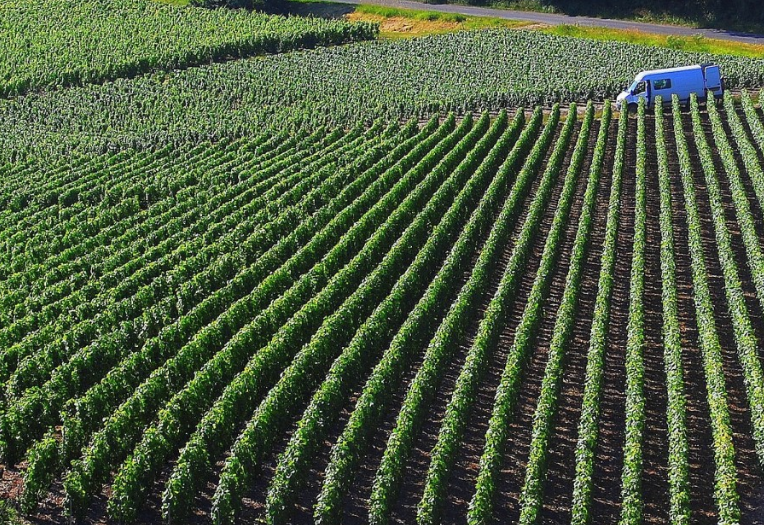Minnesota’s thriving hemp-derived THC market is under siege from new regulations, pushing some companies to flee the state for greener pastures. Operators say sudden changes in testing, labeling, and shipping rules are strangling profits and forcing tough choices. As businesses pack up, what does this mean for jobs and the local economy? Dive in to uncover the fallout.
State cannabis regulators rolled out fresh guidelines last month that overhaul how hemp THC products get tested, labeled, and moved. These shifts aim to tighten control over the booming industry, but many see them as a death knell for small players.
Hemp companies in Minnesota now face a ban on direct-to-consumer shipments of low-potency edibles, a move that cuts off a vital sales channel. Retailers have filed challenges, arguing the Office of Cannabis Management skipped proper notice and procedure. This follows a push from 39 attorneys general, including Minnesota’s Keith Ellison, to curb unregulated online cannabis sales across state lines.
One operator told reporters the rules favor big out-of-state firms that can dodge local hurdles. Local breweries and stores selling THC drinks worry about higher costs from new testing demands.
The changes kicked in amid a rush to license hemp businesses. Registered outfits had until October 31 to switch to full licenses or risk shutdown.
Businesses Weigh Relocation Amid Rising Costs
Faced with these barriers, some hemp firms are eyeing exits from Minnesota. Operators point to the physical location requirement for licenses, which blocks out-of-state players unless they set up shop locally, but the overall red tape is driving relocations.
For instance, delivery-only services get a slight pass, but most need a Minnesota base. This has sparked talks of moving to states with looser rules, like neighboring areas where hemp THC flows freer.
The hemp industry, which grew over 300% after legalization, could see major job losses if more companies bolt. A recent letter from attorneys general highlights fears of market collapse, yet local voices argue it protects consumers at the expense of homegrown business.
In one case, THC drink makers shared concerns at a state meeting that new labeling could tank sales. They predict smaller producers will struggle most, unable to afford compliance.
- Testing Overhaul: Products must now pass stricter lab checks, adding time and money.
- Labeling Demands: Clear warnings and THC limits on packages aim for safety but complicate production.
- Shipping Ban: No more mail-order sales, hitting online-dependent firms hardest.
These points show how the rules reshape daily operations.

Roots of the Regulatory Shift
Minnesota stood out by welcoming hemp-derived THC alongside its adult-use marijuana program, legal since 2023. Edibles and drinks with up to 5mg THC per serving became a hit, sold in bars and stores without full cannabis licenses.
But gaps in federal law let intoxicating hemp products slip through, prompting states to act. The 2018 Farm Bill defined hemp as cannabis with under 0.3% delta-9 THC, yet synthetics and derivatives flooded markets.
State officials say the updates, effective January 1, 2025, bring hemp under similar oversight as marijuana to ensure safety and fair play. This includes new licenses for retailers and manufacturers, with details on compliance shared in recent guidelines.
Critics, including industry insiders, claim the haste ignores economic ripple effects. A 2025 report from a cannabis advisory group noted hemp sales topped millions, supporting farms and jobs.
The push aligns with broader calls to close Farm Bill “loopholes” that allow high-THC hemp nationwide. Minnesota’s attorney general backs this, saying it would help the true hemp industry thrive by weeding out intoxicating fakes.
One paragraph here to note: Regulators held virtual meetings to clarify rules, minimizing some confusion but not erasing business fears.
Impact on Local Economy and Future Outlook
As companies consider leaving, Minnesota risks losing a vibrant sector. Relocations could drain tax revenue and jobs, especially in rural areas where hemp farming took root.
Take the broader trend: Other states like Tennessee have seen similar crackdowns, putting farmers out of work. In Minnesota, operators warn that favoring licensed cannabis over hemp might stifle innovation.
A table below breaks down key changes:
| Aspect | Old Rule | New Rule (2025) |
|---|---|---|
| Licensing | Simple registration | Full license required by Oct. 31 |
| Shipping | Allowed mail-order | Banned for consumers |
| Testing | Basic checks | Stricter, certified labs |
| Location | Flexible | Must have MN physical site |
This setup shows the stark shift. Analysts predict a dip in hemp sales but growth in regulated cannabis, though at what cost to small businesses?
The drama unfolding in Minnesota’s hemp THC scene boils down to a clash between safety and growth, with businesses caught in the crossfire. As operators relocate and challenge rules in court, the state’s economy hangs in the balance, potentially reshaping the cannabis landscape for years.
